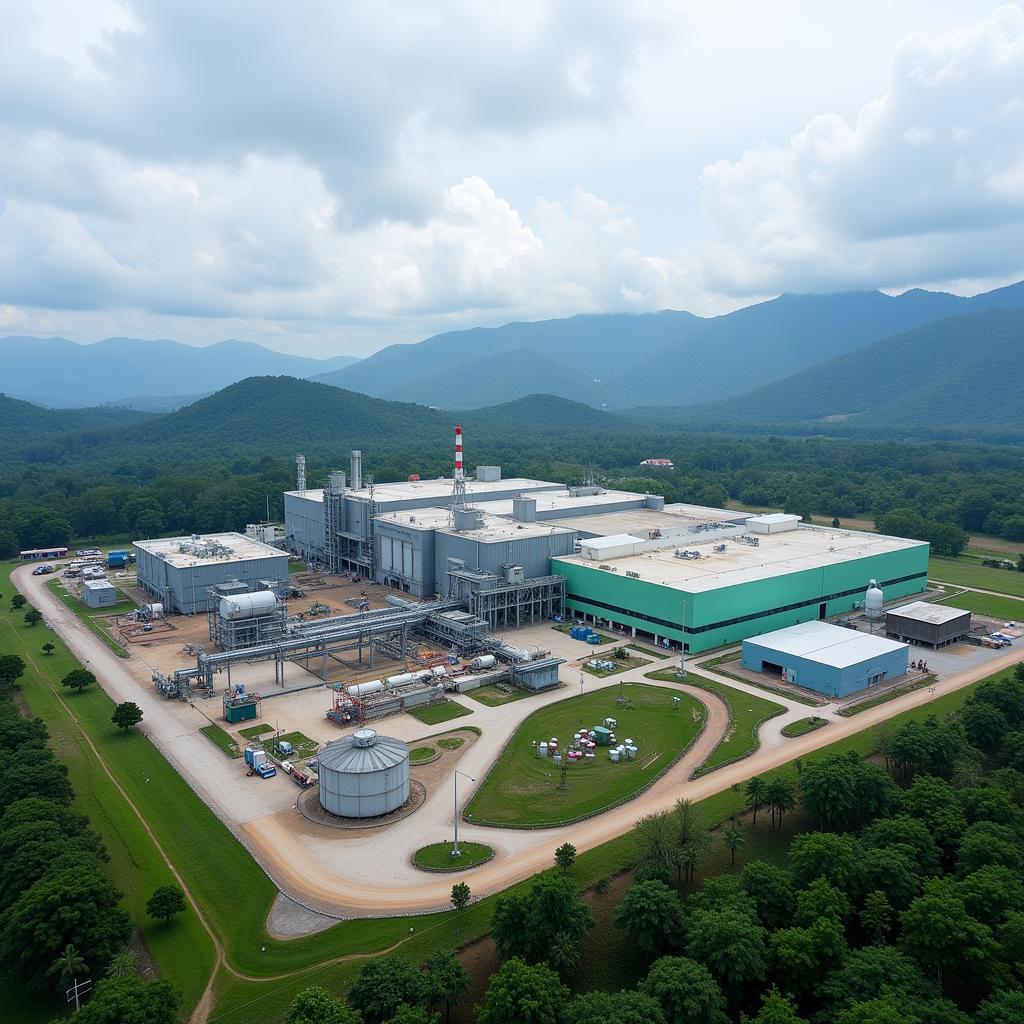The ASEAN Political-Security Community (APSC) represents a crucial pillar of the Association of Southeast Asian Nations (ASEAN), aiming to foster peace, security, and stability within the region. Its establishment reflects the shared commitment of ASEAN member states to address common challenges and threats through dialogue, cooperation, and mutual trust. This article delves into the 3 key characteristics of the APSC, highlighting its significance in maintaining a secure and prosperous Southeast Asia.
Dialogue and Consultation as Cornerstones
At the heart of the APSC lies a strong emphasis on dialogue and consultation as the primary means of addressing regional security issues. ASEAN member states recognize that open and frank discussions are essential for building trust, understanding different perspectives, and finding common ground. Through various platforms, including ministerial meetings, forums, and working groups, ASEAN countries engage in regular dialogue on a wide range of political and security matters. This commitment to dialogue allows for the peaceful resolution of disputes, prevents misunderstandings, and promotes a sense of shared responsibility for regional security.
Non-Interference and Respect for Sovereignty
A fundamental principle underpinning the APSC is the commitment to non-interference in the internal affairs of member states and respect for their sovereignty. ASEAN operates based on the principle of consensus-based decision-making, ensuring that all members have an equal voice and that no country imposes its will on others. This approach respects the diversity of political systems and values within ASEAN while fostering an environment where countries feel secure in addressing sensitive issues without external pressure. By upholding these principles, the APSC contributes to regional stability by preventing conflicts arising from interference or violations of sovereignty.
Comprehensive Security Approach
Recognizing that security threats are multifaceted and interconnected, the APSC adopts a comprehensive security approach that goes beyond traditional military concerns. It acknowledges the importance of addressing non-traditional security challenges such as terrorism, transnational crime, maritime security, cybersecurity, and natural disasters. The APSC encourages cooperation among member states in areas like intelligence sharing, law enforcement, border management, and disaster response. By addressing both traditional and non-traditional security issues in a holistic manner, the APSC strives to create a secure and resilient Southeast Asia capable of effectively responding to diverse challenges.
Conclusion
The ASEAN Political-Security Community stands as a testament to the commitment of Southeast Asian nations to forge a peaceful, secure, and stable region through dialogue, cooperation, and mutual respect. Its emphasis on dialogue, non-interference, and a comprehensive security approach forms the bedrock of its success in addressing traditional and non-traditional security challenges. As ASEAN continues to evolve, the APSC will remain crucial in navigating the complex geopolitical landscape and ensuring a prosperous future for Southeast Asia. You can read more about ASEAN’s relationship with other organizations in the articles on ASEAN and the EU differences and challenges and APEC ASEAN NAFTA.
If you require assistance, please contact us at Phone Number: 0369020373, Email: [email protected], or visit our address: Thon Ngoc Lien, Hiep Hoa, Bac Giang, Vietnam. Our customer service team is available 24/7 to assist you.

